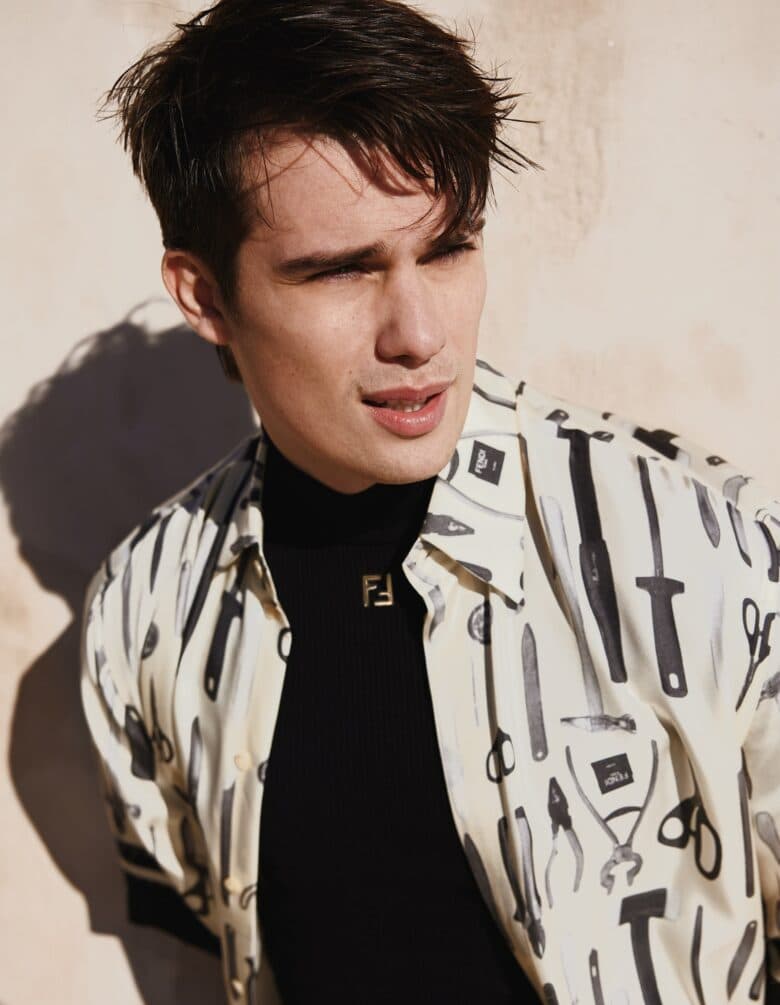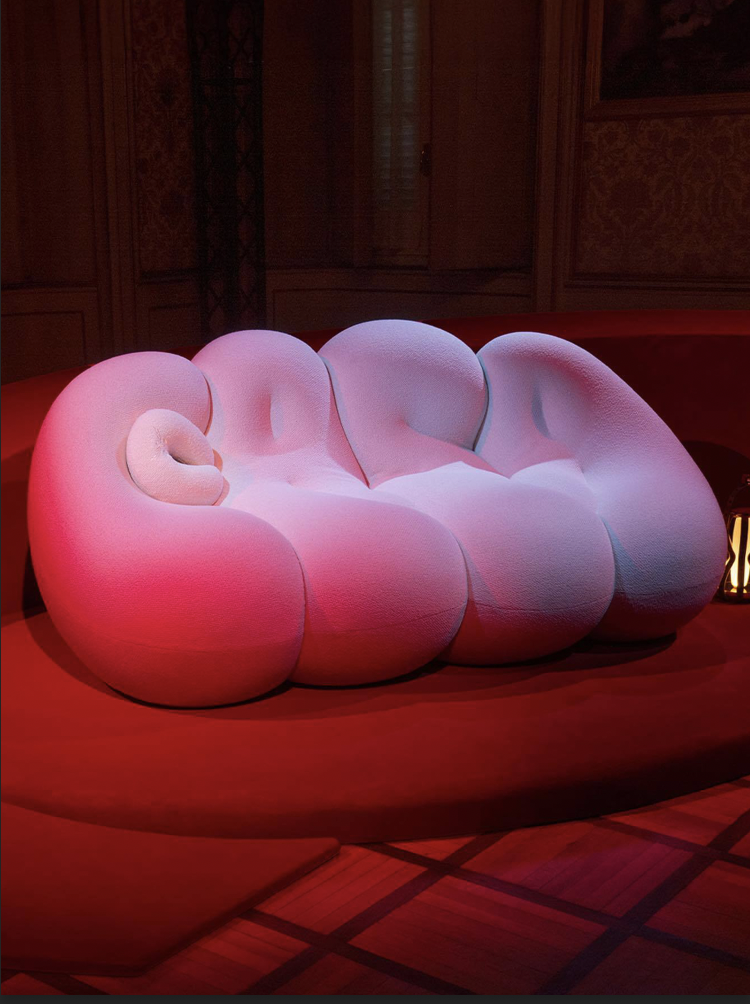Maylee Todd: Toronto’s most experimental artist speaks mental health in the metaverse
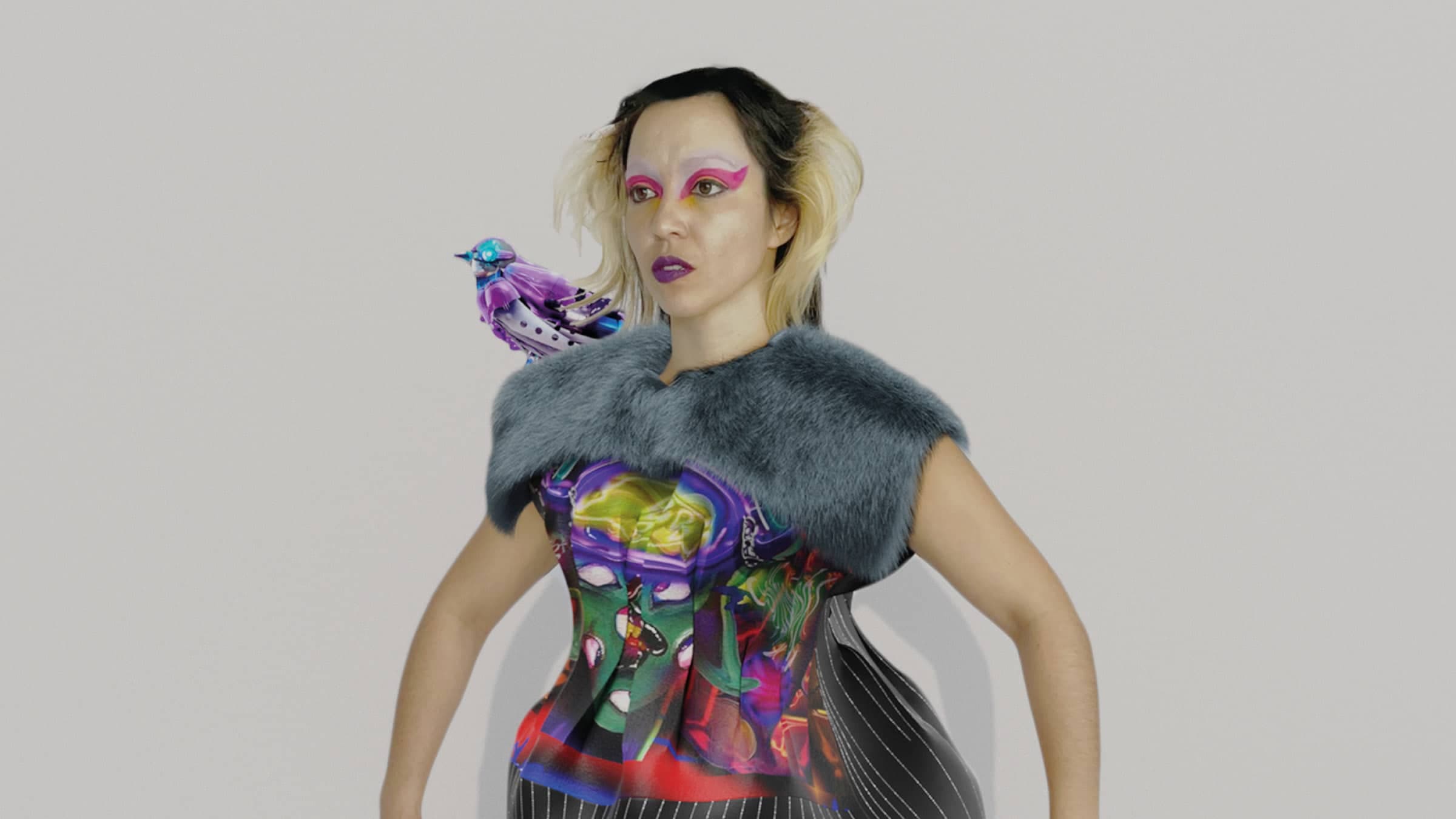
Maylee Todd is a breath of fresh air in an oversaturated industry. The Toronto-based musician and technophile is beloved in the city’s indie scene for her commitment to pushing boundaries creatively. Her latest work is no exception — and possibly sees her at her most experimental, unfiltered and vulnerable.
Todd — who comes from a long line of creatives, including an Elvis impersonator father and an escape artist grandfather — will be releasing her debut concept album, Maloo, next month. Named after her digital avatar, the 11 tracks are a series of “science fiction lullabies”, which combine her talents in the arenas of virtual reality and music. Told from Maloo’s point of view, in a fictional land called ‘The Age of Energy’, Todd shines a light on the issues facing society as we know it today, especially when it comes to mental health.
“Often we place too much emphasis on status, wealth, and clout on social media,” Todd says. “Instead, what if we find ways to share our dreams and goals for ourselves and society? Tapping into our creativity and imaginations rather than having to preserve status or identity for acceptance.” ‘The Age of Energy’ then presents a utopian society where things like empathy, mental health and creativity are necessities, and treated as such. “Typically, vulnerability is viewed as a weakness, but we need to change this very old school of thought,” Todd continues. “To be vulnerable is to be brave, open, and creative.”
HUNGER sat down with Maylee Todd to discuss her upcoming debut, her thoughts on the metaverse, and how her digital avatar, Maloo, has helped her personally…
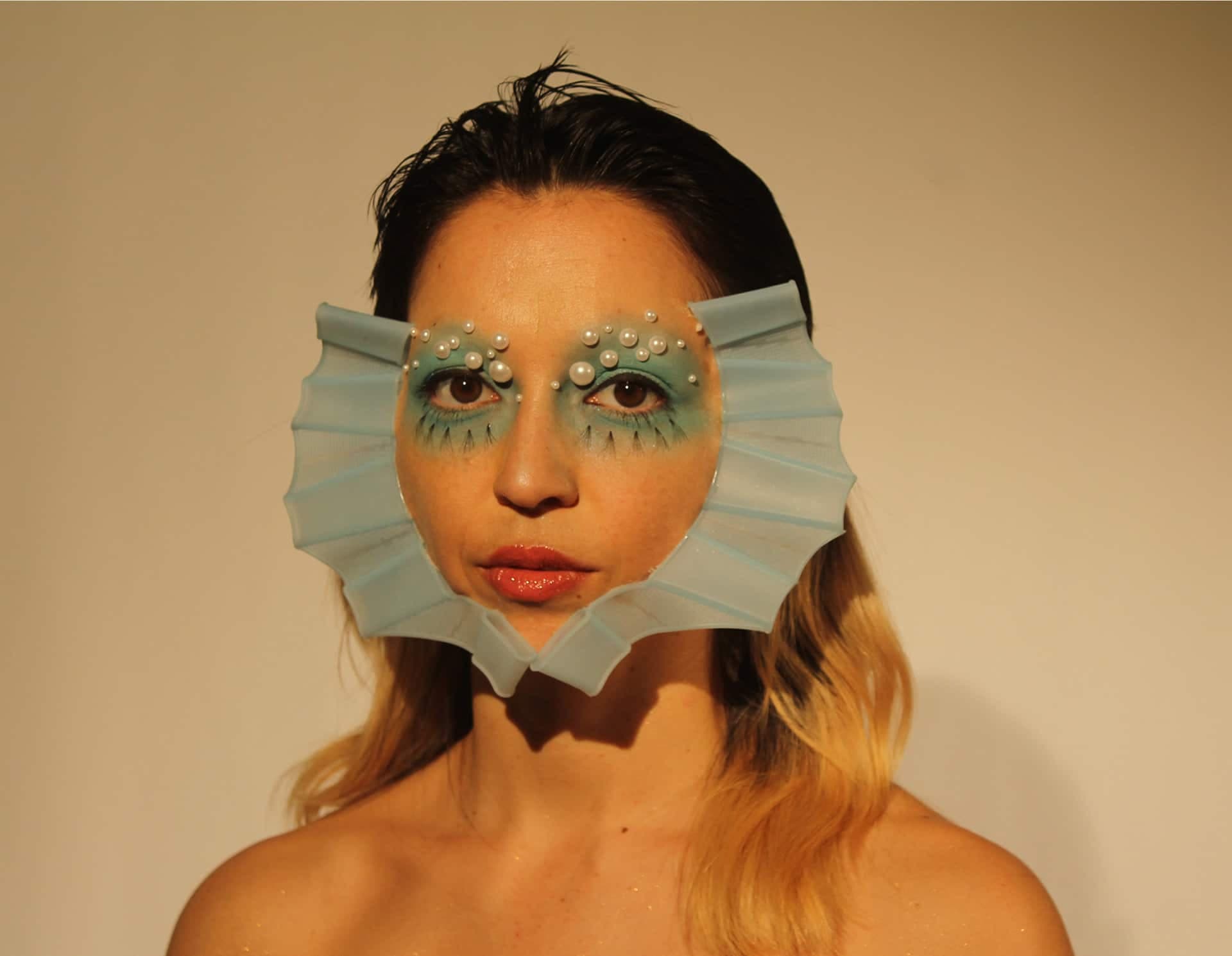
During the pandemic, you spent a lot of time getting into VR. What was your inspiration behind creating your digital avatar, Maloo?
Before the pandemic I worked for a company called Occupied VR. We were creating a VR video game and I was worldbuilding and creating a bunch of characters. The company wanted to scan me and make me a character, so that’s where it started. When the pandemic hit I continued to develop the story.
Is Maloo you, or a version of yourself?
Yes, Maloo is a version of myself. Technically, I stitched photos of my face for the 3D model, and in the story, Maloo is a version of earthling Maylee that struggles with mental health issues.
What does having Maloo let you explore? Has she been beneficial to you personally since her creation?
Maloo has been a great vehicle for ego and social media exploration. So, tying an identity to something and using it to explore thoughts and patterns of the mind.
Do you view the metaverse as a positive alternative to social media? Right now, it’s a pretty new thing — do you think we can use it to fix the often toxic ways in which we use social media?
There’s potential for it to be a positive experience. I think the more we educate ourselves on how these systems work, the more we can make informed choices. I believe Web3 could help us with addictive behaviours when it comes to social media, fact-checking, and we won’t rely on ads to sway our choices.
What are its possibilities in your eyes?
I have been in many beta programmes for the metaverse, and there are several things that I have found interesting. If I have opposing views with someone, we can actually talk to each other instead of leaving angry comments in a comment section. It’s a helpful format for those who cannot leave their house, if they’re disabled, physically or mentally. In this sense it can be a way for people to feel part of a community — it definitely helped me during the pandemic.
VR can help with people’s fear of heights, spiders etc., through stimulating the experience, and there have also been some wonderful meditation and fitness apps that can help people. My partner and I have a co-working space in VR where we meet up and share ideas and assets too.
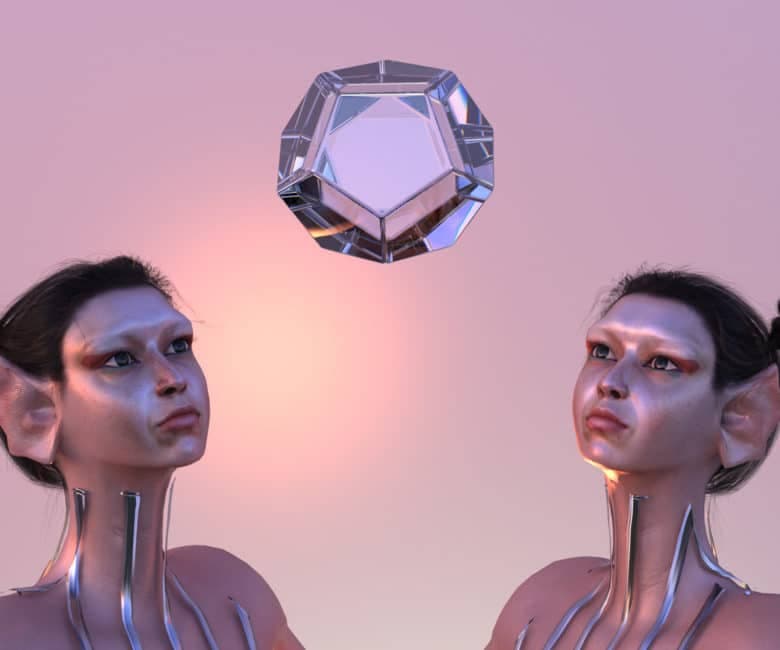
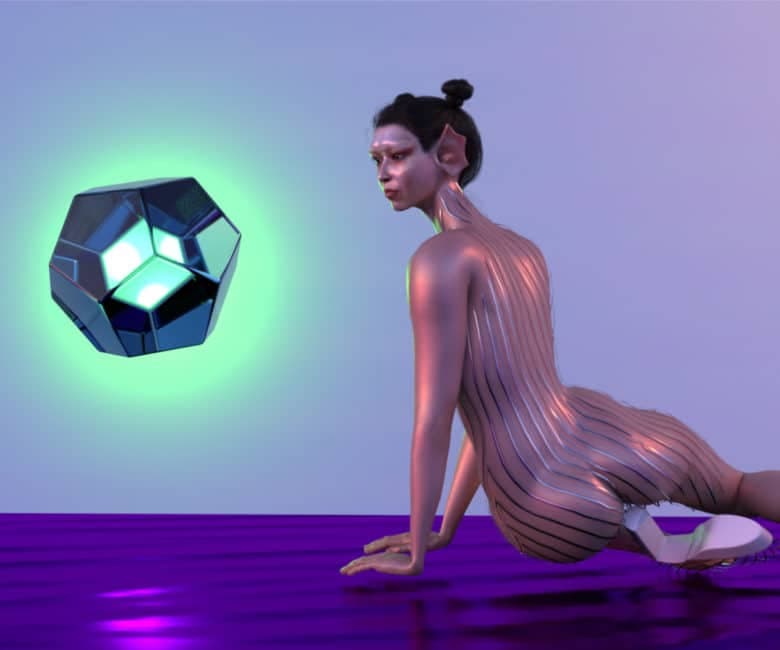
What would you say are the biggest problems with social media right now? You’ve mentioned that people often use it to share “status, wealth and clout”.
It can be self-destructive when we examine lives that are ‘better’ than ours, and that’s what keeps people coming back. People are impulsively comparing themselves to one another; who’s wealthier, more beautiful, happier, etc… This is a real thing we need to confront. And then there’s outrage culture. It can be a feeling of superiority over others, and it’s not that we see the perspective of someone different from us, it’s that we see the worst in the perspective of someone different to us.
Did you find social media to be a toxic place for yourself personally, as an artist?
Absolutely. I found I was comparing myself to others, Instagram is a beautiful place for inspiration, but the curated lives of some folks made my life feel unsatisfying. I also noticed it’s a place where people aren’t having IRL conversations, they are just making passive-aggressive posts to the general public.
In your imagined world, The Age of Energy, “empathy, mental health and creativity are elements for survival.” With how things are today, do you think they are given enough significance?
Empathy, mental health, and creativity are not being prioritized. I believe mental health talk therapy should be accessible to everyone. The mind is so powerful as we all know, and if your mind is stuck in a toxic loop of creating narratives that aren’t true, you can create wounds that manifest and become real. As one science fiction writer said, “Disease mindscapes only produce disease landscapes.”
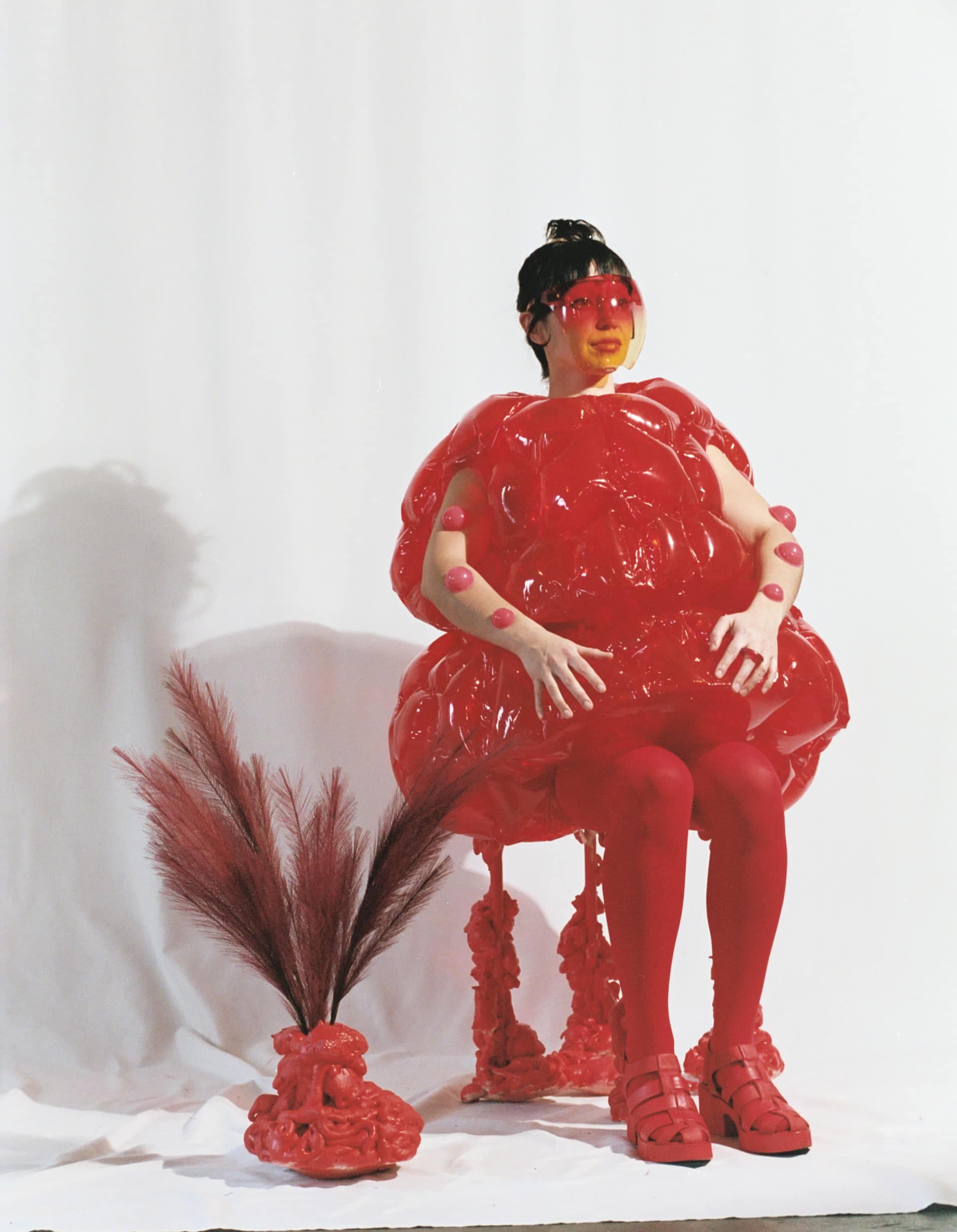
Why are these things so important to you, personally?
I personally struggle with mental health issues, and my family too. I lost a family member a year ago to suicide, and also a grandfather. I have another family member that is getting the help they need with their struggles in regards to suicide. But there’s also another family member that won’t get help, and has a very destructive outlook. They continue to create harmful narratives, which aren’t isn’t solution-based, but this makes sense because of their trauma. Still, it’s painful to watch damaged people continue to damage people.
I’m so sorry to hear that. Do you find speaking about your mental health in your music therapeutic?
Honestly, this should all be normalized. This is the human experience. I find it very therapeutic to talk about in my music, it helps with connecting, releasing, and hopefully, it can open other people up to share their experience, or at least make them feel not so alone in their experience.
What are some of the other prevailing themes behind the album — one of the tracks speaks about a breakup, for example?
‘Dream With You’ is a breakup song, Maloo refers to her brain (friend), which continues to keep her in perpetual unhealthy toxic loops. Maloo wants to create space for new thought and infinite expansion, but it’s hard when those patterns are heavy.
IRL, I was recording this song without outro lyrics when I got word that my cousin was in the hospital for attempting suicide. I was devastated and in shock. I wrote the last outro lyrics to him; “Remember the mind is infinite… be kind to yourself..” RIP Jordan De Belen.
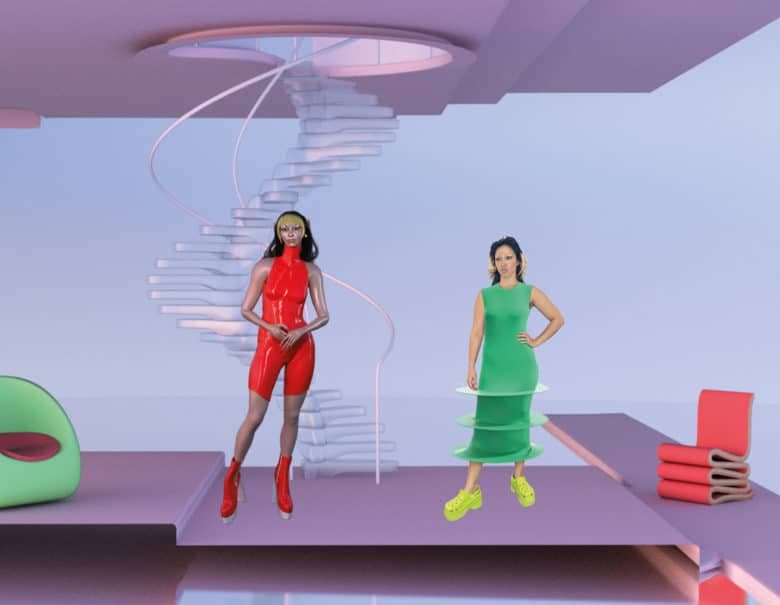
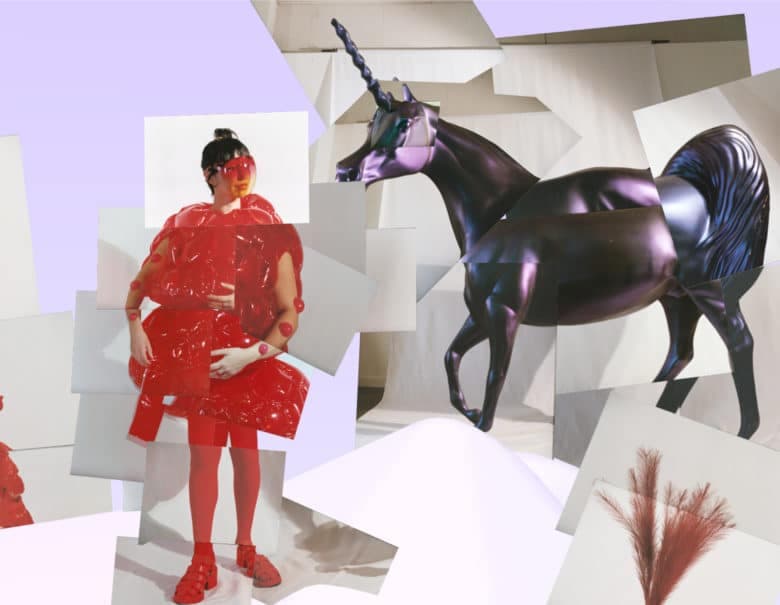
You’ve always been incredibly creative, you have a background in standup comedy and dance as well as music. Do you ever get stuck in a rut creatively, and what do you do about it?
I like doing things and expressing myself through many mediums. I notice that trying new mediums actually can help change the way I would view an old practice. There’s always room for growth with other skills. I believe we have many sides to us that need to be expressed as creative humans.
What artist had the biggest effect on you as a teen?
As a teenager, I’d say it was Erykah Badu. She is uniquely herself, always experimenting and trusting her artistic intuitions.
Top three artists?
Oh jeez, this is a tough one. Ok, let’s see… Alejandro Jodorowsky: I was obsessed with his psychic magic, tarot and of course his films. Astrid Gilberto is an incredible artist, and although they sing many covers they capture a world so well! Bjork. I mean, she’s an innovator for recorded music and live shows. She’s always pushing the boundaries of what’s possible.
What’s a song/artist that you can’t get enough of right now?
I really enjoy Kyvita. They are an up-and-coming 3D artist and musician.
Who would be your dream artist to collaborate with?
Bjork or Grimes. I love how progressive they are. As someone who loves tech and pushing live shows, I’d love to conceive of an experience with these artists.
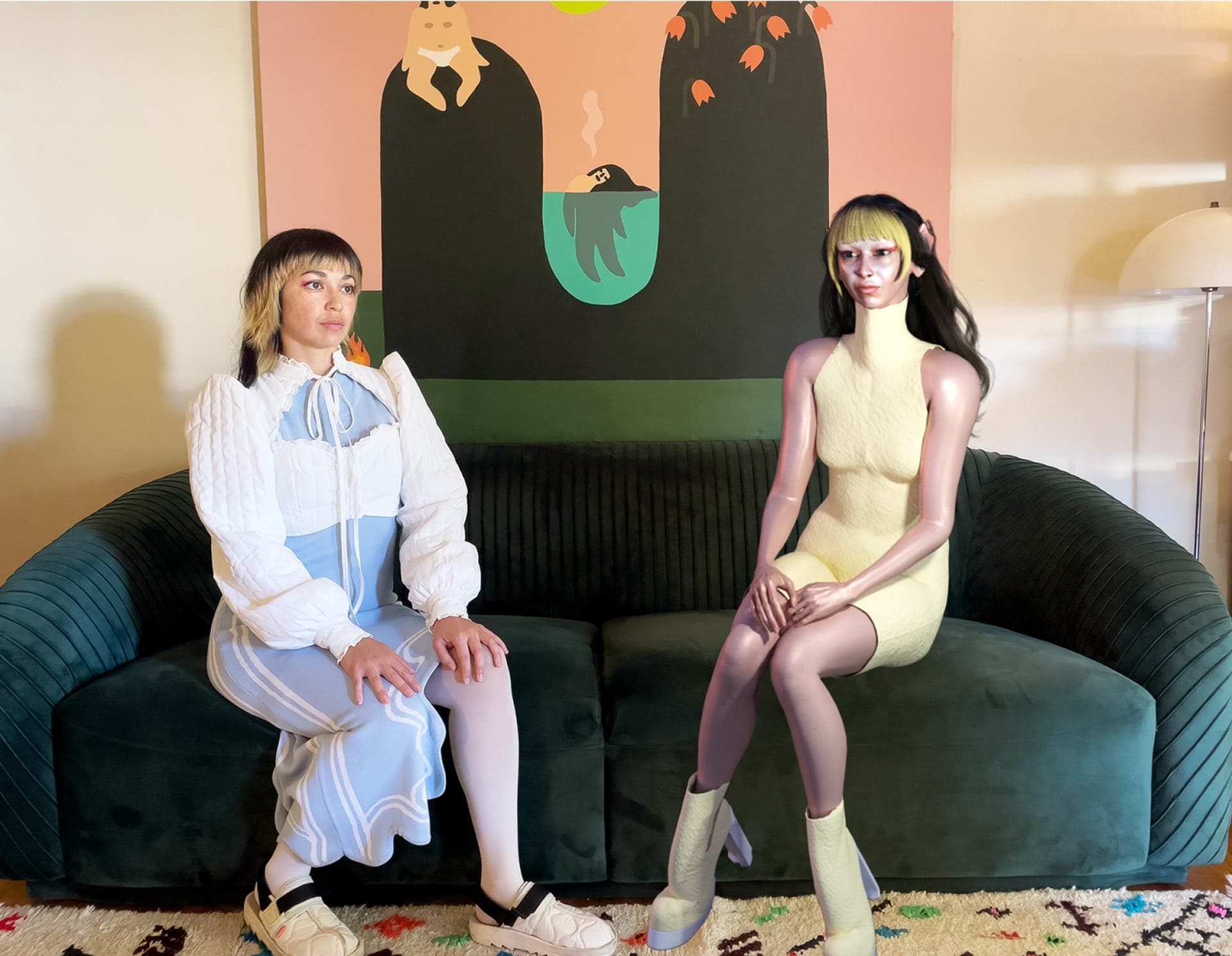
Top three musical genres?
Japanese disco, ambient music, and children’s music, right now.
What’s been the most surreal moment of your career so far?
I think the most surreal experience I’ve had in my life was performing at the Billboard in Tokyo. I had no idea my music was so loved there! And seeing lines of fans wanting to chat with me was an incredible experience. I am forever grateful!
How will you know if you’ve made it in music?
I think I kind of have. Haha! But if I got a house from music! Like a Siiiq Assss House! Then, then I’d scream “I made it!”
How do you want to be seen as an artist?
One thing I can always count on is my creativity. I used to write down new concepts every day that didn’t exist (to my knowledge) as a practice to expand my imagination. I will always conceive of new ideas and thoughts. I will always be interested in technology and I will always evolve in the world of experimentation. Creative and curious!
Finally, what’s next for you and the world of VR, and musically too?
I’m releasing a music video in VR called ‘Infinite Program,’ under Stones Throw Records. You can also view it via YouTube 360 and explore the space with your iPhone. Then, I’m working on an app with a Japanese tech company that will be released in September 2022.
Maylee Todd’s debut album, Maloo, will be available to stream from March 4
